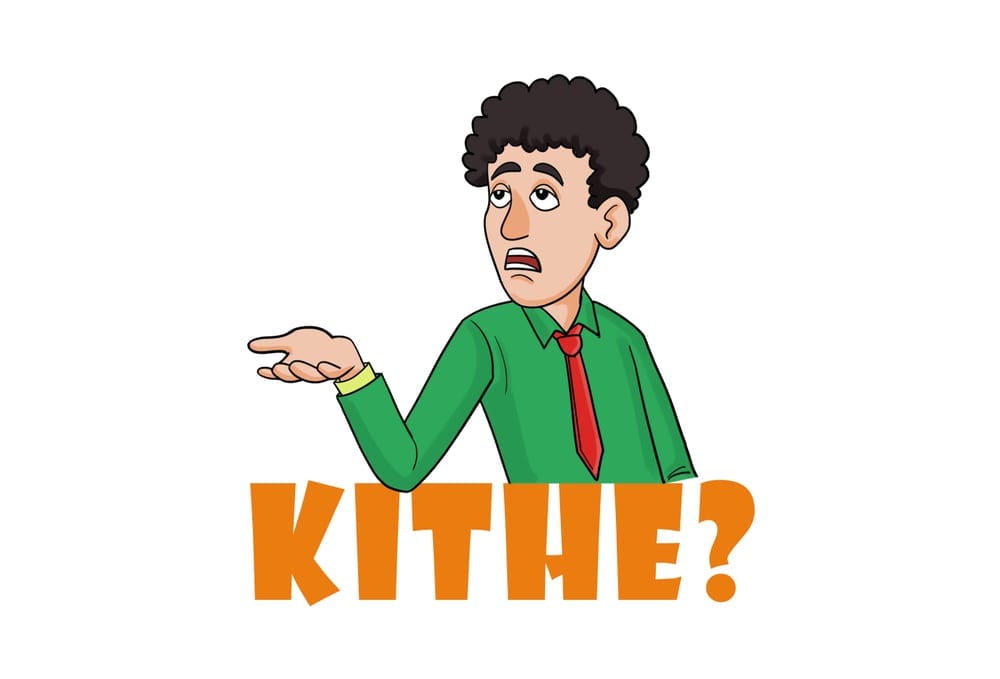
Despite the huge advances made over recent decades, immense differences in equality, levels of poverty/wealth, infrastructure and, of course, medical services persist across countries, regions, cities and territories worldwide. Yet everyone, but especially the older generations, is at some level of risk from the virus. Communicating the facts, such as have been established, is a phenomenally difficult task, made more so by the fact that millions of people do not have access to the internet.
If, for example, you speak the indigenous Mayan language Kaqchikel, Google Translate won’t be able to help. In reality, Google Translate only has about 100 languages and can’t deal with nuances in those it does have. Consequently, it is as much use as a chocolate fireguard when you need high quality work and/or to communicate in one of the thousands of ‘small’ languages across the globe, all the speakers of which have an equal need to be given information about COVID 19.
It’s no surprise that the translation/interpretation world describes the coronavirus crisis as one of the biggest challenges it has ever faced. As a recent article in Wired magazine noted, “in a pandemic, the challenge isn’t just translating one or a handful of primary languages in a single region—it’s on a scale of perhaps thousands of languages, at least 1,000 to 2,000 of the 7,000-plus languages that exist in the world today.”
To put this in context, in Scotland alone (where the Global Connects Head Office is based), according to the 2011 census, there are c. 180 languages used at home. The vast majority of the native population probably couldn’t name at least half of these (Kachchi, Efik-Ibibio or Krio anyone?). Yet the public health message still has to get out and if you are one of those who do speak Krio but don’t really understand English, then how are you going to know what (not) to do, where (not) to go, where to get help, etc.? If a non-English speaker does not understand the government’s messages and inadvertently contributes to the spread of the virus then…
Multiply the Scottish experience across the UK, then the world at large, and you get some idea of the scale of the problem. It’s one of the reasons why Global Connects, contrary to what many might expect of a translation/interpretation company, has remained busy throughout the last few months. As more information about the virus becomes available and, hopefully, restrictions ease further, it will continue to be vital that all the new messages, instructions and rules are conveyed to everyone in a language they can understand. And if you need us, whether for Covid-related translation/interpretation of more ‘normal’ business related work, please email me here and I’ll be back in touch to see how we can help.
Fiona Woodford, Global Connects
